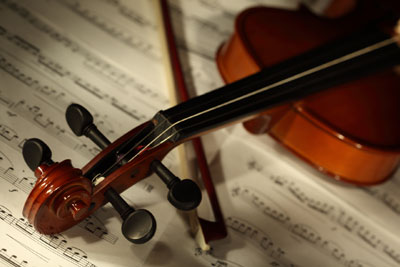A study conducted by American gerontologists, has shown that music education is able to maintain the sharpness of mind until the senile age.

The PLOS One scientific journal writes about the study. The scientists have found that going in for music for a long time creates a number of alternative connections in the brain which are able to compensate for the violation of cognitive abilities in the elderly age.
The experts have invited a few dozens of volunteers aged 63 to 80 years to participate in the study. They were divided into three groups: no musical education; one year to nine years of studying at a music school; ten and more than ten years of music education. The representatives of the “music groups” began to play musical instruments at the age of 10. More than 50 percent of them played the piano, 25 percent played the flute or clarinet. The others dealt with strings, percussion and wind instruments. In addition, all the participants of the study had the same level of general education.
The researchers asked the participants to go through several psychological and intelligence tests. The results showed that the participants, who had complete music education, showed better results if to compare with those who never learned to play musical instruments. In addition, nearly 50 percent of musically educated volunteers continued to perform music during the period of the experiment, but it turned out that their results were better than of those who had stopped their training a few years before.
Thus, the researchers have concluded that the duration of learning music is more important than the fact of playing musical instruments in one’s elderly years, as the PLOS One journal suggests.
Source of the image: Photl.










